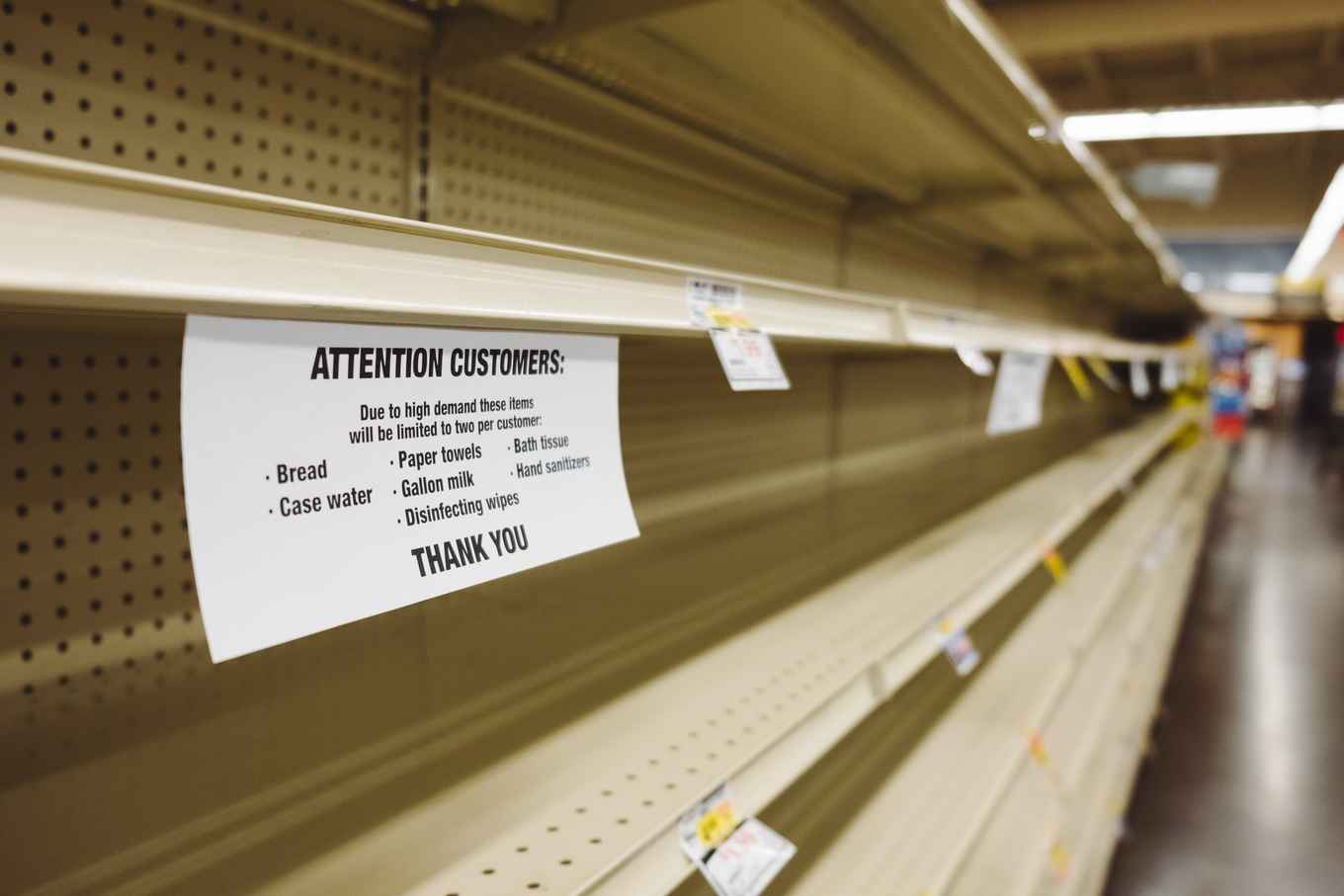Social unrest induced by pandemics
A new research collaboration between IAS and TNO
22 April 2020

COVID-19 has spread to many countries. The impact of the virus and the disease that it causes is already large: tens of thousands of people have died; social distancing has a major effect on business and employment; inequality is on the rise, and the burden on health care workers and health care facilities is increasing day-by-day. The multifaceted impact of the spread of COVID-19 on the Netherlands, Europe and countries worldwide is expected to increase in the coming weeks and months, which could potentially lead to destabilising social unrest.
The Netherlands Organisation for Applied Research (TNO) and the UvA Institute for Advanced Study (IAS) have brought together an interdisciplinary team of researchers that will study how the spread of COVID-19 – and measures taken to mitigate its impact – can potentially cause social unrest. The team will look into different types of social unrest, their likelihood to occur, and, importantly, indicators that can serve as early warning signals.
The first objective of the project is to qualitatively assess which factors form the key drivers of the development of various forms of destabilising social unrest and the pace of their development. Then the potential of the key drivers in the situation of a pandemic are assessed. The next step is to assess the risk potential of these factors in real-time in Dutch society. Finally, the contagious dynamics of social unrest will be addressed.
The team will develop multi-level, causal models describing the various pathways to destabilising social unrest. These models are meant to support decision-making to ensure stability and contain social unrest. As such, the project is a use case of the collaboration “Policy by Simulation” between TNO and IAS, that focusses on multiscale modelling of complex systems in various application areas.